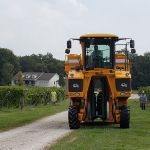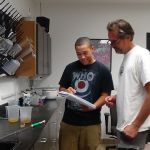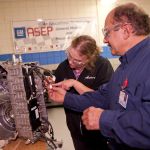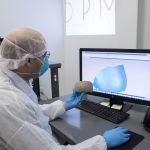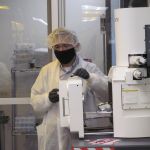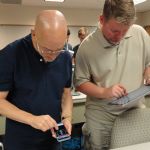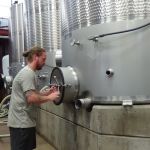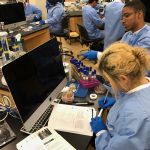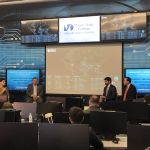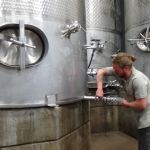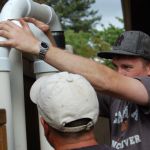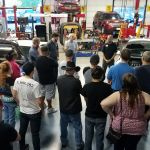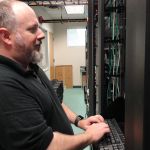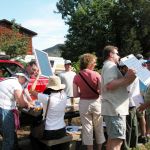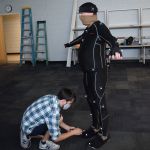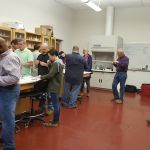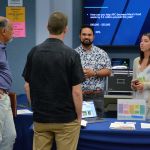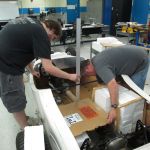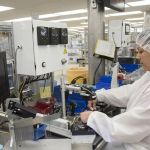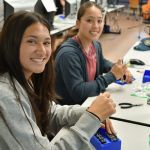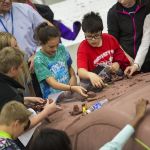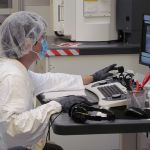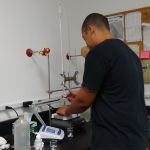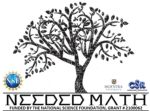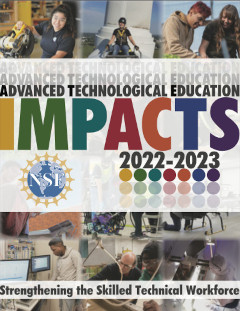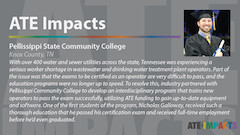
Eric N. Wooldridge, principal investigator (PI) of four Advanced Technological Education (ATE) grants at Somerset Community College in Kentucky, received the Science and Society Award from the National Science Board (NSB) on May 1 with Sheri McGuffin, the STEM coordinator at AdvanceKentucky, an initiative of the Kentucky Science Technology Corporation.
Wooldridge and McGuffin were honored for their work since 2020 spreading high impact and accessible additive manufacturing education to community colleges and high schools across Kentucky. The award recognizes “their successful effort to support and encourage people in Kentucky to join the STEM workforce.”
During a panel discussion with NSB members and other award winners on May 2, McGuffin reported that their AdvanceKentucky Influencer Model had trained 201 community college, secondary, and elementary school educators and introduced 3D printing concepts to 5,000 students. Their collaboration has also resulted in the first state-endorsed career and technical education pathway for additive manufacturing.
In response to follow-up questions from NSB members, Wooldridge suggested the model could be replicated to help the nation grow its semiconductor fabrication workforce, especially given the advancements in low-cost virtual reality technologies. This is the focus of one of his current ATE grants.
“Community colleges are truly nexus points that have the power to directly affect K-12 educators, students, and even the economic profile of a region,” Wooldridge said. (See his comments and McGuffin’s to the NSB at 1:08 of this recording of the board's meeting on May 2.)
The National Science Board advises the president and Congress and sets the policies of the U.S. National Science Foundation (NSF), the independent science agency. NSF’s largest investment in two-year colleges is the ATE program, which focuses on improving technician education.
